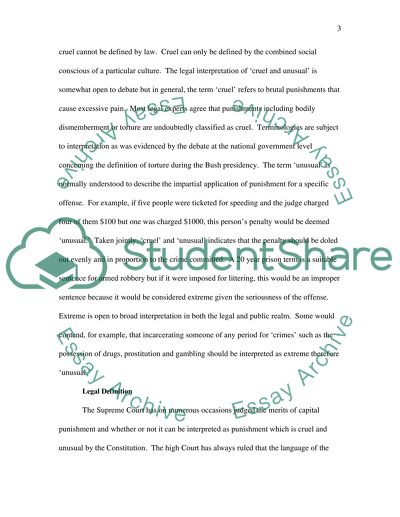Cite this document
(“Is Capital Punishment Effective Research Paper Example | Topics and Well Written Essays - 2500 words”, n.d.)
Retrieved de https://studentshare.org/law/1390506-argumentative-paper
Retrieved de https://studentshare.org/law/1390506-argumentative-paper
(Is Capital Punishment Effective Research Paper Example | Topics and Well Written Essays - 2500 Words)
https://studentshare.org/law/1390506-argumentative-paper.
https://studentshare.org/law/1390506-argumentative-paper.
“Is Capital Punishment Effective Research Paper Example | Topics and Well Written Essays - 2500 Words”, n.d. https://studentshare.org/law/1390506-argumentative-paper.


